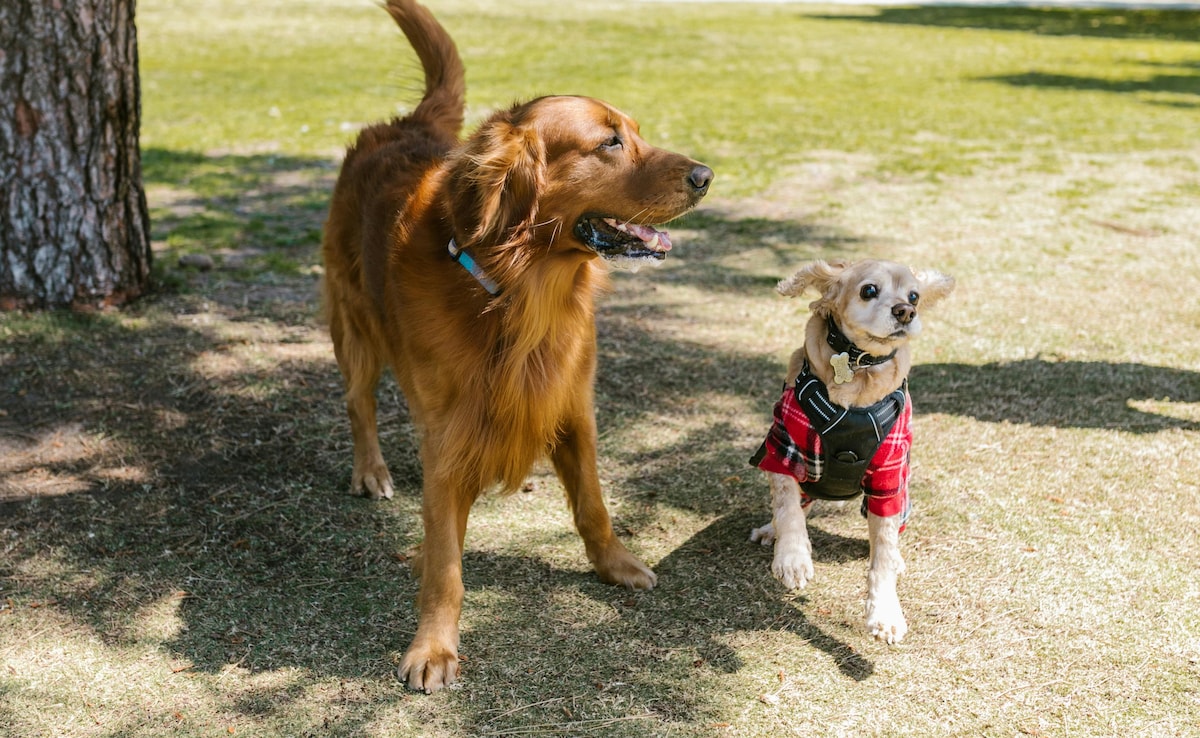This AI Tool May Help Translate Your Dog's Barks Into Human Language

Quick Reads
Summary is AI generated, newsroom reviewed.
Baidu is developing AI to translate animal sounds into human language.
The company filed a patent with National Intellectual Property Administration.
The tool analyses voice, body language, and behaviors to interpret emotions.
For any pet owner, understanding the meaning behind the barks and woofs of their dogs and cats can be a difficult task. Oftentimes, the situation turns frustrating despite having cared for the pet since they were little pups. To ease the problem, an artificial intelligence (AI) tool may finally be on its way.
A Chinese company called Baidu is planning to use AI to translate animal noises into human language. According to a report in the South China Morning Post, the Beijing-based search engine company has filed a patent with the country’s National Intellectual Property Administration for a new high-tech translation system.
The translation tool works by collecting various types of data from a target animal, including “voice, body language, behavioural changes and other biological signs”. Afterwards, the AI-powered application determines the “emotion” by analysing the data and converts it into a target language.
As per the patent document, the system would allow “deeper emotional communication and understanding between animals and humans, improving the efficiency of cross-species communication”.
“There has been a lot of interest in the filing of our patent application,” a Baidu spokesperson said, cautioning that the project was currently in the research phase.
“Currently, it is still in the research phase. As an AI company, we constantly look to apply new technologies across diverse use cases.”
Also Read | US Man Dies Attempting To Rescue Dog From San Francisco Ocean Beach
As per the publication, the patent was submitted in December but was only publicly published earlier this week.
This is not the first time scientists have attempted to decode animal voices. A number of apps claiming to offer pet-to-human translations are available, but most of them are poorly rated and deemed rudimentary.
In 2014, a Scandinavian research lab raised more than Rs 18.7 lakh ($22,000) for a device called No More Woof. However, the team said three years later that the “project became too expensive to continue”.






